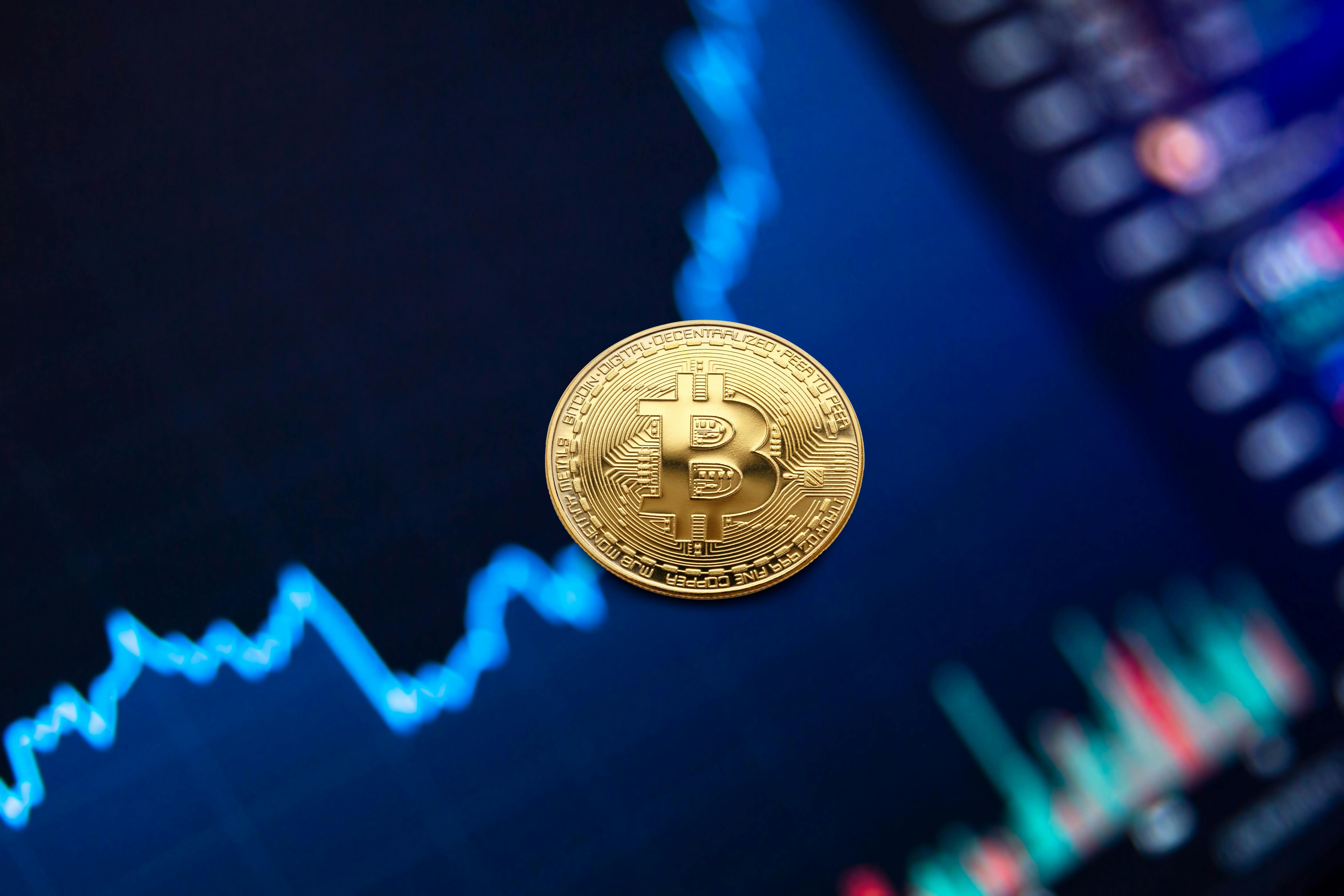
Decentralized Autonomous Organizations Explained: The Future of Blockchain Governance
Decentralized Autonomous Organizations Explained: The Future of Blockchain Governance
Understanding Decentralized Autonomous Organizations
Decentralized Autonomous Organizations (DAOs) represent a groundbreaking paradigm shift in organizational structure, leveraging blockchain technology to create transparent, democratic, and programmable governance models. Unlike traditional hierarchical organizations, DAOs operate through smart contracts, enabling collective decision-making without centralized control.
The fundamental premise of a DAO is to establish a digital entity managed by rules encoded in blockchain-based smart contracts. These protocols enable participants to collaborate, vote, and execute decisions autonomously, removing intermediaries and creating unprecedented levels of organizational transparency and efficiency.
Technological Architecture of DAOs
DAOs are built upon sophisticated blockchain infrastructures, primarily utilizing Ethereum's robust smart contract capabilities. The technological framework involves complex token economics, governance mechanisms, and cryptographic protocols that ensure secure, immutable decision-making processes.
Key technological components include:
- Smart Contract Frameworks: Programmatic rules defining organizational operations
- Governance Tokens: Representing voting rights and economic participation
- Consensus Mechanisms: Enabling collective decision validation
- Treasury Management Systems: Transparent fund allocation protocols
Global Legal Landscape for DAOs
The legal recognition of DAOs varies significantly across jurisdictions, creating a complex regulatory environment. Different jurisdictions have approached DAO regulation with varying degrees of openness and scrutiny.
Jurisdictional Framework Comparisons
| Jurisdiction | DAO Legal Status | Regulatory Approach |
|---|---|---|
| United States | Evolving | Securities regulations, state-level recognition |
| Cayman Islands | Favorable | Crypto-friendly legal framework |
| Switzerland | Progressive | Clear blockchain governance guidelines |
| British Virgin Islands | Flexible | Lenient corporate structures |
Top DAOs in Contemporary Blockchain Ecosystem
Several pioneering DAOs have demonstrated the transformative potential of decentralized governance:
- MakerDAO: Decentralized stablecoin and lending protocol managing billions in crypto assets
- Uniswap: Leading decentralized exchange protocol with substantial trading volumes
- Aave: Innovative lending platform enabling algorithmic interest rate generation
- Compound: Algorithmic money market facilitating crypto lending and borrowing
Market Dynamics and Economic Impact
As of 2023-2024, the DAO ecosystem has experienced exponential growth. Current market analytics suggest substantial economic potential:
- Total DAO Treasury Value: Estimated $15-20 billion
- Active DAO Participants: Over 2 million globally
- Projected Growth Rate: 35-45% annually
Emerging Technological Trends
Emerging trends in DAO development include enhanced interoperability, advanced governance mechanisms, and integration with real-world asset tokenization. Machine learning and artificial intelligence are increasingly being explored to optimize DAO decision-making processes.
RWA.codes: Enabling DAO Innovation
At RWA.codes, we specialize in providing comprehensive blockchain solutions that address the complex technological and legal challenges of decentralized organizations. Our expertise spans smart contract development, tokenization strategies, and regulatory compliance across multiple jurisdictions.
Our services include:
- Custom DAO infrastructure development
- Governance mechanism design
- Legal framework consultation
- Blockchain integration strategies
Our multidisciplinary team combines deep technological expertise with nuanced legal understanding, positioning us uniquely to support organizations transitioning toward decentralized governance models.
Related Resources:
- IEEE Blockchain Technical Consortium
- Blockchain Research Institute
- Ethereum Foundation Documentation